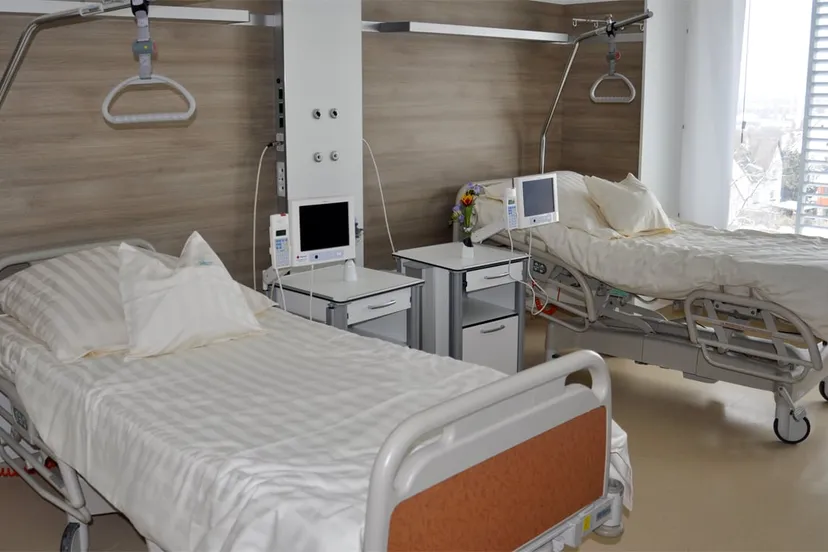Trinational Education: Five Universities in the Meuse-Rhine Euregion Start Collaboration in Education and Research
22 mrt 2025, 5:55 • News in English

© Freep!k
On Friday, at the international art and antiques fair TEFAF in Maastricht, five top universities from the Meuse-Rhine Euregion (Maastricht University, Hasselt University, University of Liège, RWTH Aachen, and the Open University) signed a Memorandum of Understanding (MoU) to develop trinational education under the banner 'The art of working together'.
With trinational curricula, students will have an opportunity to study at five universities in three countries simultaneously, right in the heart of Europe.
The new initiative stems from the desire to combine the strengths of the region and thus strengthen Europe's competitive position. The five universities involved - together accounting for more than 100,000 students - have had long-standing collaborations, but the trinational education offers new, innovative possibilities.
Increasing Cross-Border Cooperation
The goal is to educate students not only academically but also internationally and to increase cross-border cooperation between the universities. In the future, students can live in one region and follow their academic paths in three countries, a chance that is also accessible to students with a smaller budget thanks to excellent public transport connections, such as the Drielandentrein (the Arriva train that connects Aachen, Heerlen, Maastricht and Liège).
The Province of Limburg plays a crucial role as a driver and connector of this initiative. Deputy Elianne Demollin-Schneiders (Education & Labour Market) emphasizes the importance of this project for the region: "With the development of trinational education, we are taking an important step in strengthening our Euregional economy and labour market. Trinational education is a boost for the CV of students who can study in three countries simultaneously, and it can strengthen the competitive position of our Euregion. We see the border not as an obstacle, but as an opportunity to make international experiences more accessible for students and professionals".
Innovation as a Key Concept
In the coming years, the universities will explore possible forms of cooperation. This initiative fits within the broader objectives of the EU and is a response to the findings of the Draghi report (2024), which identifies the stagnation problem of Europe's competitive position. Innovation is a key concept, and trinational education offers a unique opportunity for European students to gain experience in three countries without being confronted with a greater financial risk.
The Province of Limburg and its partners have clear ambitions to position the region as a hotspot for innovation. Since 2022, Limburg has been in the European top 40 of innovative regions, a position that must be maintained. The cooperation between the universities plays an essential role in this goal. Joint projects have already been started, and more projects will follow in the applicable programmes in the coming period. For example, an application has already been submitted in the European funding programme Interreg Euregion Meuse-Rhine for "CrossCircular".
Improving the Regional Labour Market
"With the signing of this MoU, a new door has been opened for students, companies, and the region as a whole," says Demollin-Schneiders. "Through the close cooperation of our universities, we not only improve the educational offer but also the regional labour market and innovation power".
The trinational education model can give a significant boost to future developments, such as the sustainability of Chemelot, energy innovations, and other strategic initiatives that strengthen the region. "The shared ambition of the universities and the province to seize this opportunity will make the Euregion even stronger as a knowledge region".
Loading articles...
Loading


